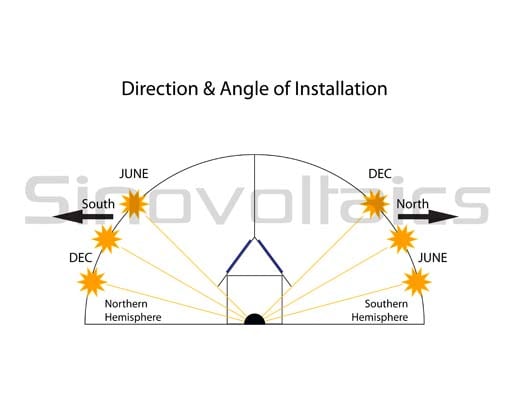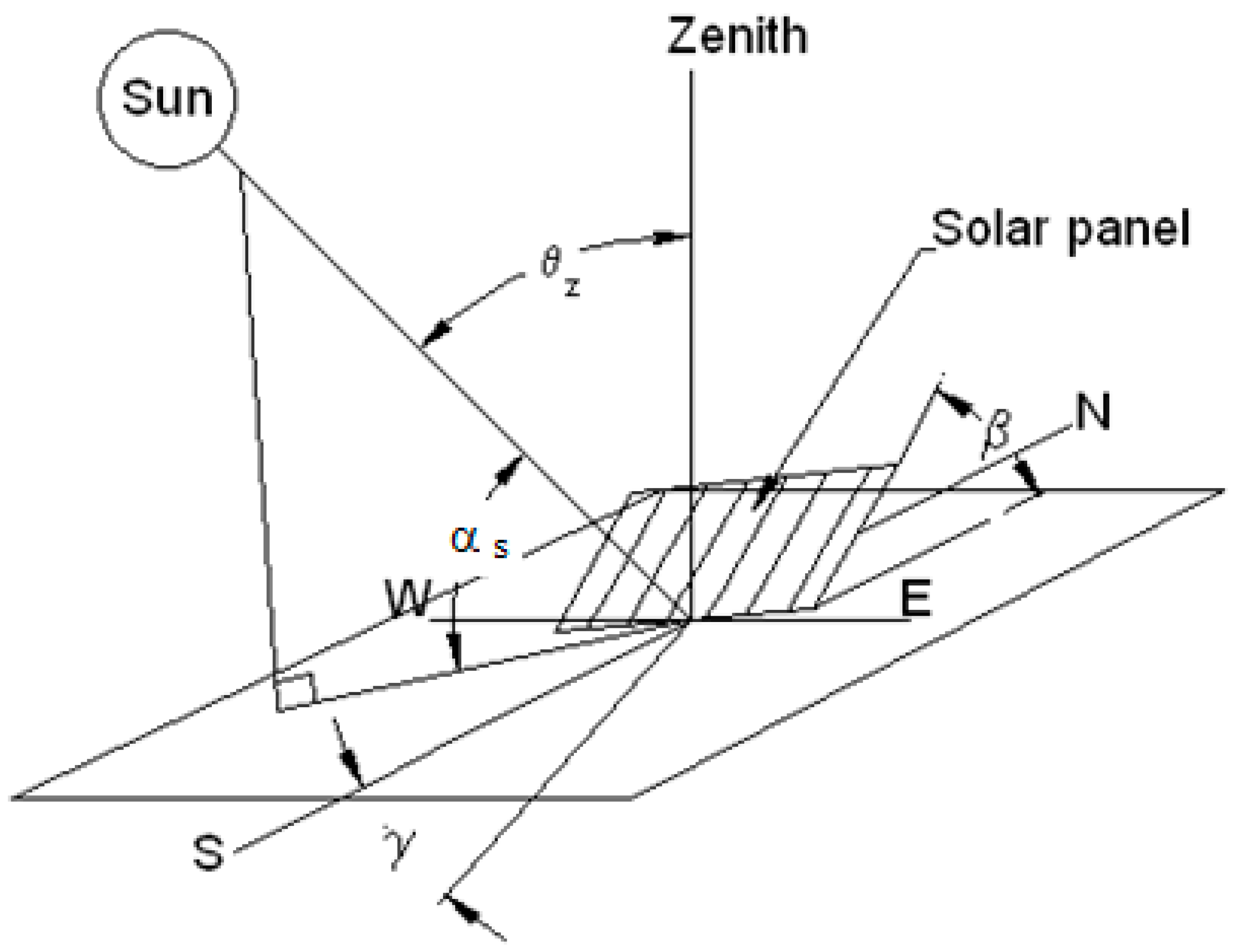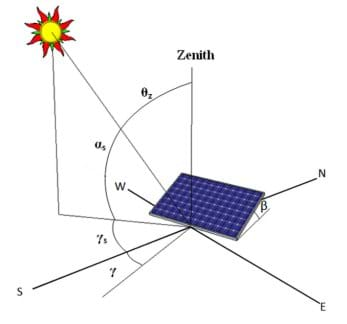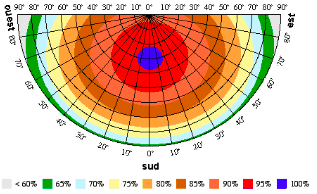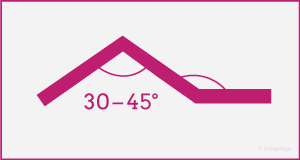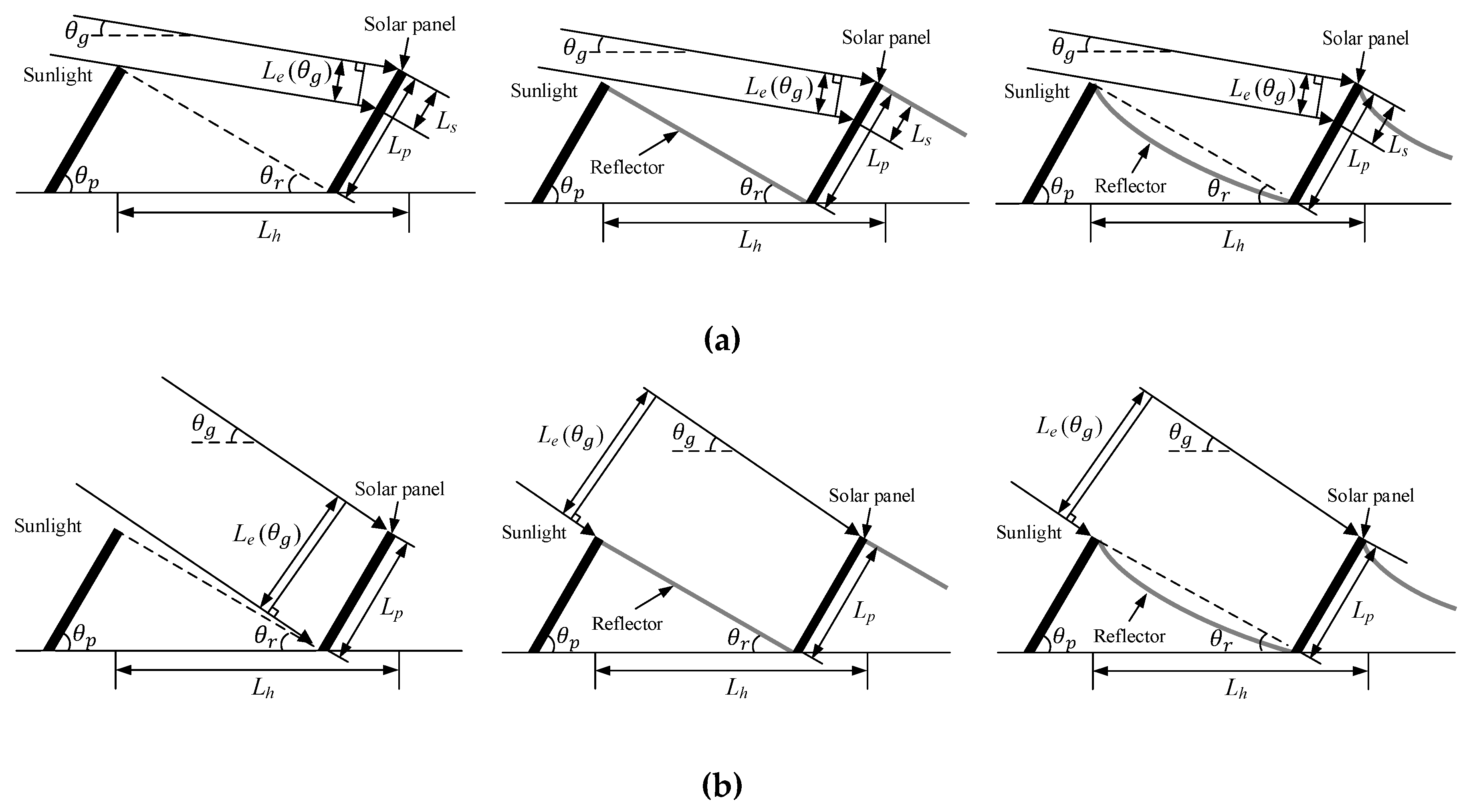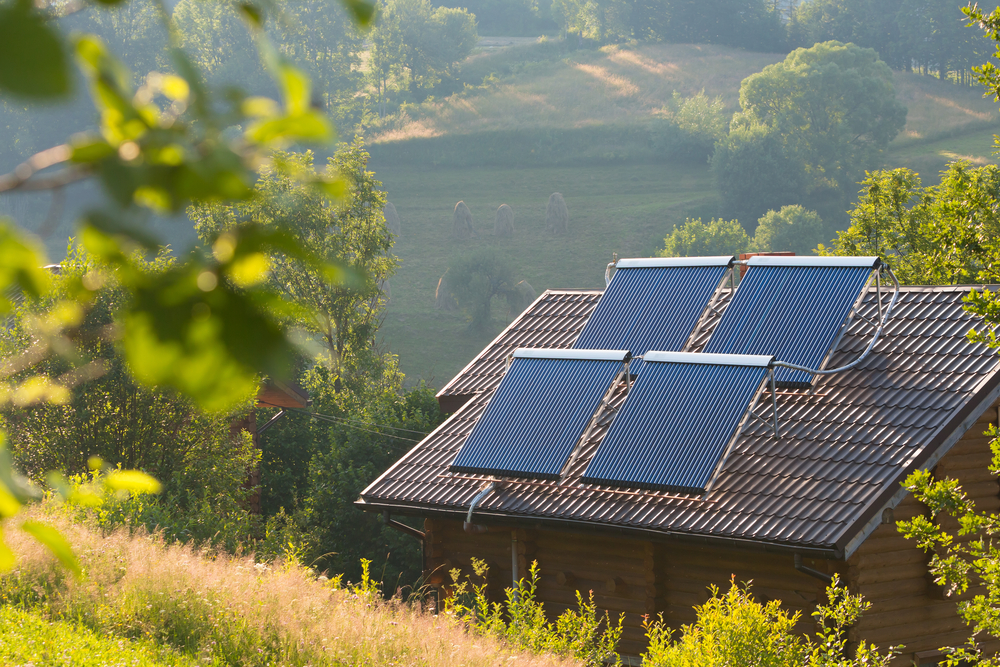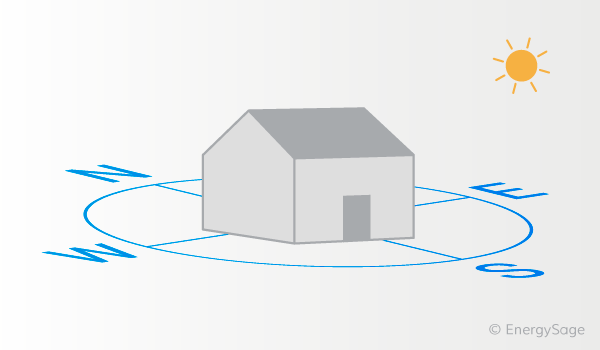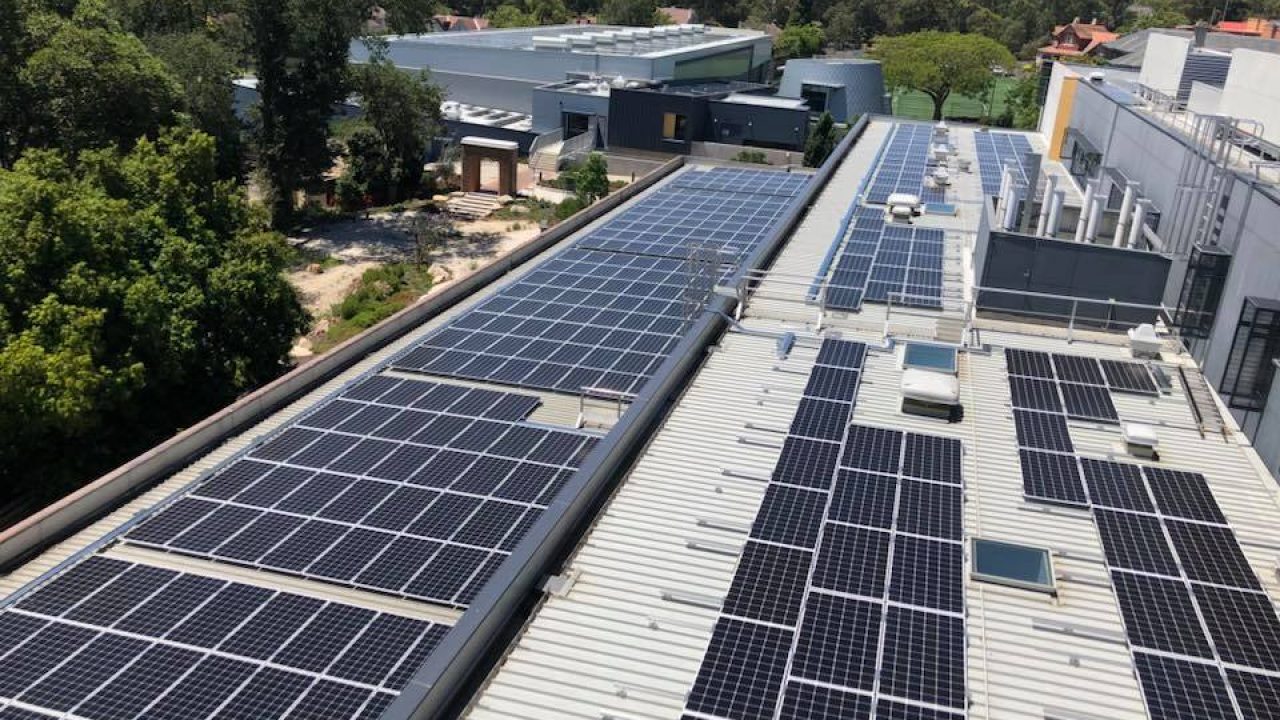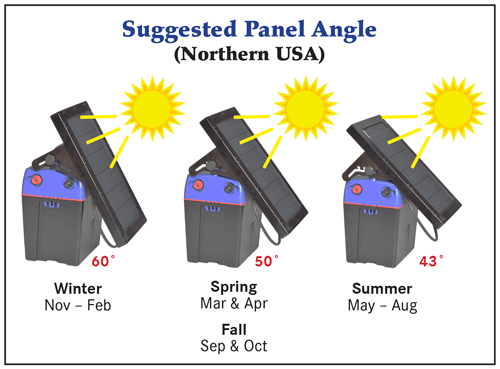Proper Angle For Solar Panels

Similarly you can calculate the angle for winter by adding 15.
Proper angle for solar panels. Solar panels should face directly into the sun to optimize their output. It turns out that you can do better than this about 4 better. For instance if your latitude. If you want to get the best performance during the summer months you would angle your photovoltaic panels according to the height of the sun in the sky during these months.
On the contrary in the countries of the southern hemisphere such as south africa and australia the best orientation is true north. Books and articles on solar energy often give the advice that the tilt should be equal to your latitude plus 15 degrees in winter or minus 15 degrees in summer. The placement and orientation of solar panels is just as important as which type of solar panel is used in a given situation. Since solar panels are more productive when the sun s rays are perpendicular to their surfaces the certainly best orientation is the one directly true south azimuth angle 180.
Solar panels should always face true south in the northern hemisphere north in the southern hemisphere tilted from the hoizontal at a degree equal to your latitude plus 15 degrees in winter or minus 15 degrees in summer. Azimuth angle is their horizontal facing in relation to the equator. An additional 3 5 though can be gained by evaluating this more carefully. The optimum tilt angle is calculated by adding 15 degrees to your latitude during winter and subtracting 15 degrees from your latitude during summer.
The correct angle for your project will depend very much as to when you want to get the best out of your photovoltaic system. The tilt angle or elevation angle describes the vertical angle of your solar panels. For instance if your latitude is 34 the optimum tilt angle for your solar panels during winter will be 34 15 49. There are two methods for calculating the tilt angle for solar panels.
A solar panel will harness the most power when the sun s rays hit its surface perpendicularly. The summer optimum tilt angle on the other hand will be 34 15 19. Photovoltaics produce power when the angle at which the sun s rays hit the panel surface the angle of incidence is small or when light strikes the panel as close to perpendicular as possible. The next question is at what angle from horizontal should the panels be tilted.
Ensuring that solar panels face the correct direction and have an appropriate tilt will help ensure that they produce maximum energy as they are exposed to the highest. Both of these angles require latitude degrees.


